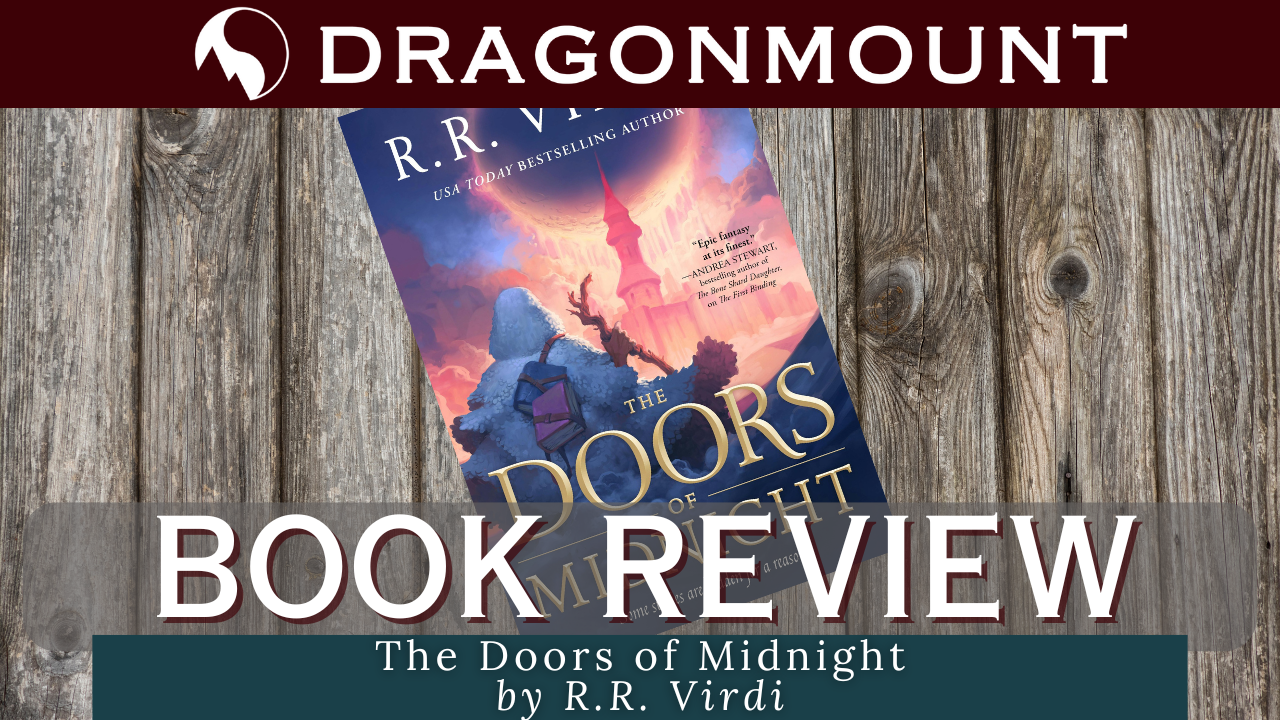What Personality Type are You? (Myers Briggs type test)
Which Myers Briggs type Personality are you?
19 members have voted
-
1. Which Personality Type did you get?
-
ISTJ - Introverted Sensing Thinking Judging
-
ESTJ - Extroverted Sensing Thinking Judging
-
ENTJ - Extroverted iNtuitive Thinking Judging0
-
INTJ - Introverted iNtuitive Thinking Judging
-
ESTP - Extroverted Sensing Thinking Perciving0
-
ISTP - Introverted Sensing Thinking Perciving0
-
ENTP - Extroverted iNtuitive Thinking Perciving0
-
INTP - Introverted iNtuitive Thinking Perciving0
-
ESFJ - Extroverted Sensing Feeling Judging0
-
ISFJ - Introverted Sensing Feeling Judging
-
ENFJ - Extroverted iNtuitive Feeling Judging0
-
INFJ - Introverted Sensing Feeling Judging
-
ESFP - Extroverted Sensing Feeling Perceiving
-
ISFP - Introverted Sensing Feeling Perceiving
-
ENFP - Extroverted iNtuitive Feeling Perceiving
-
INFP - Introverted iNtuitive Feeling Perceiving
-














Recommended Posts
Archived
This topic is now archived and is closed to further replies.